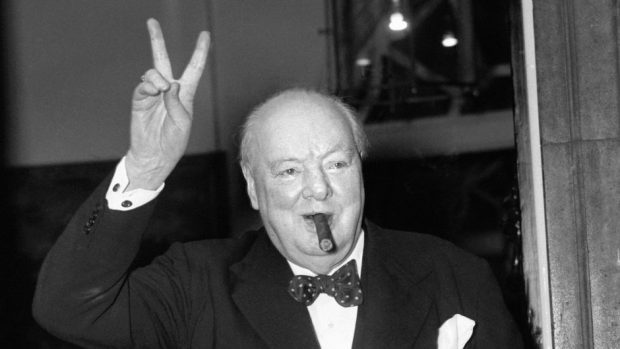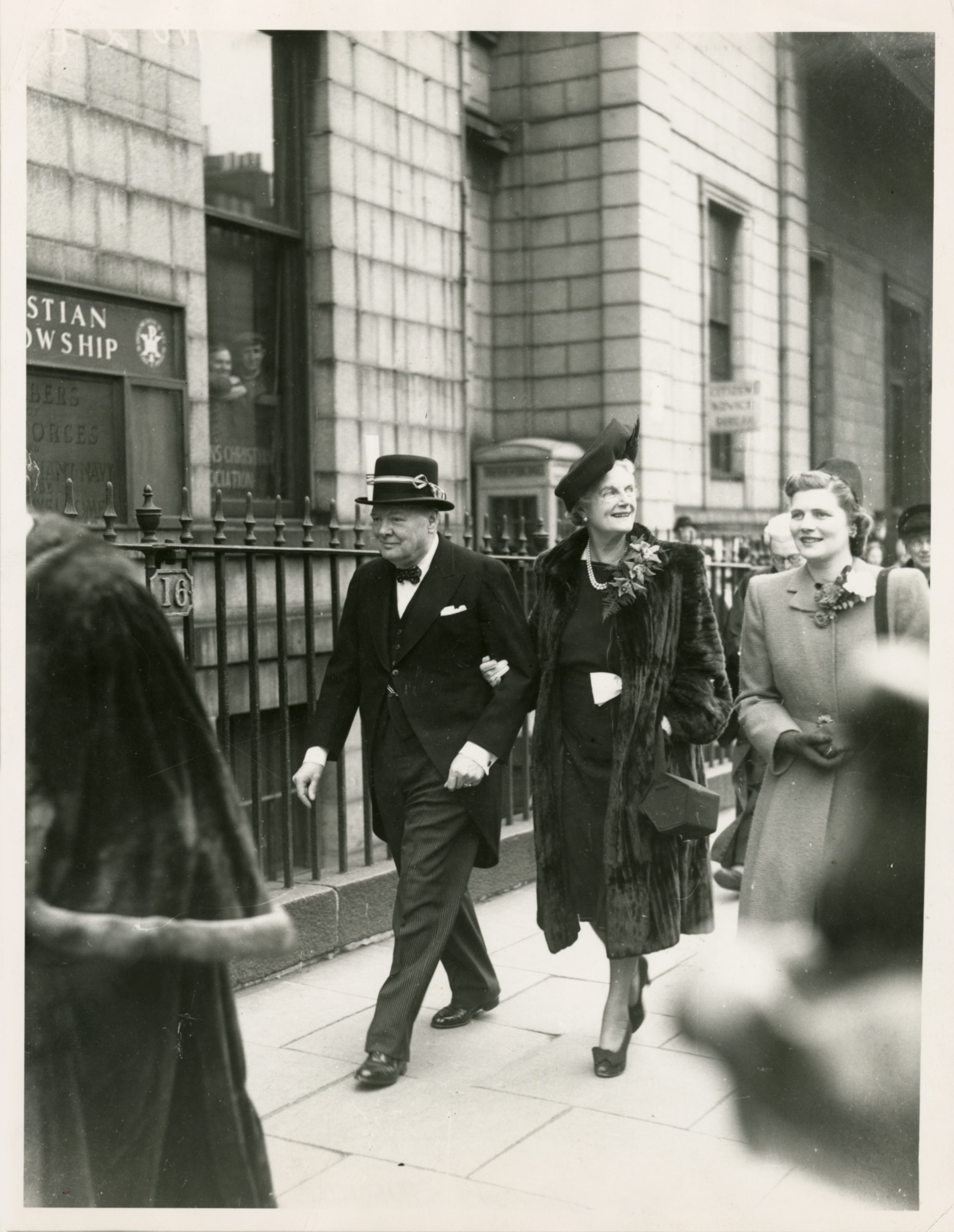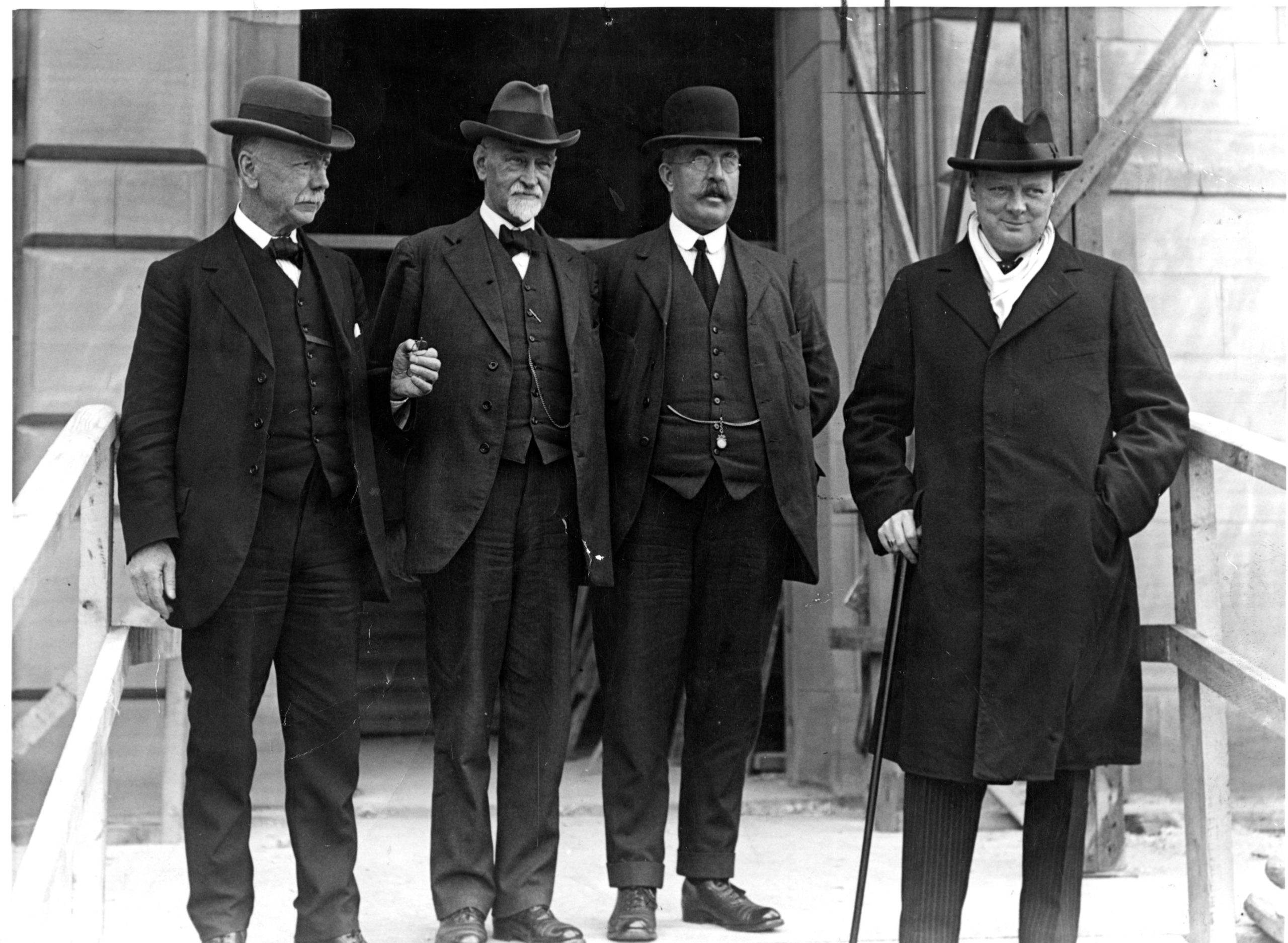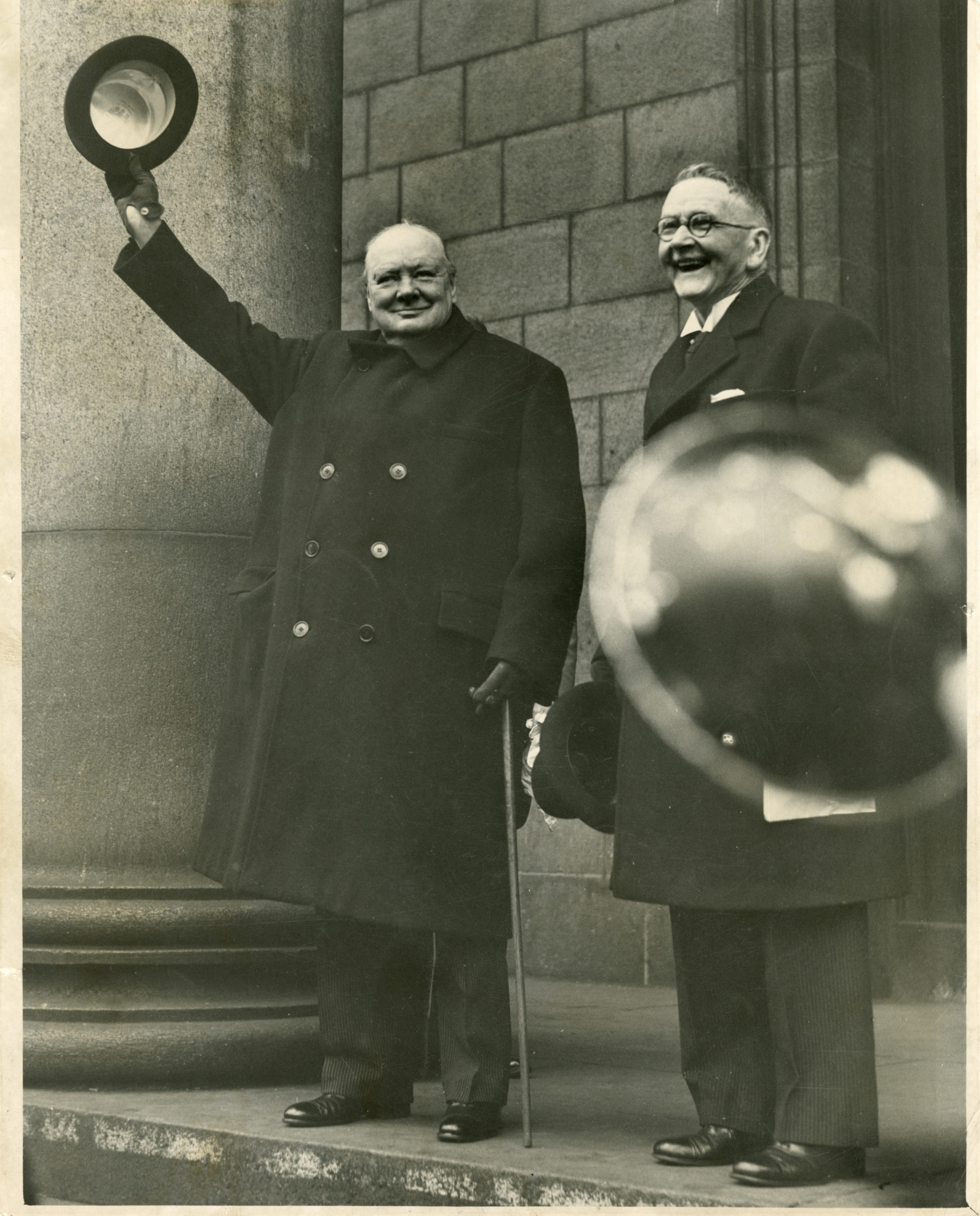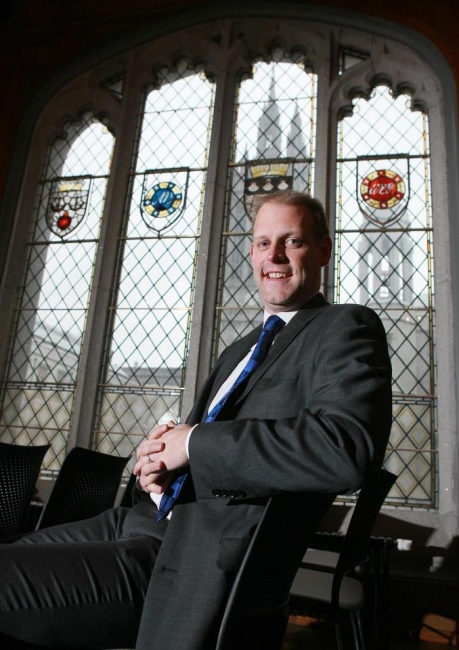As the nation prepares to mark the 75th anniversary of VE Day, an Aberdeen academic has shone a light on how the north-east shaped Winston Churchill’s wartime leadership.
Dundee’s Caird Hall – Churchill was elected as MP for the city in 1908 – was the training ground for some of his famous speeches in the forties.
And throughout the First World War he retained his role as rector of Aberdeen University.
Now Neil McLennan, director of leadership programmes at the university, has re-examined how Scotland shaped the leader.
He said: “Churchill was a complex figure and his Scottish connections are good evidence of this.
“He reputedly said that ‘of all the small nations of this earth, perhaps only the ancient Greeks surpass the Scots in their contribution to mankind’.
“This was high praise indeed for someone who devoured leadership lessons from history.
“During his time as Dundee MP, Churchill worked with David Lloyd George to implement the principle of minimum wages, unemployment insurance and Labour Exchanges.”
Churchill’s associations with north-east Scotland are largely seen to have ceased after his 1922 Dundee defeat, but Mr McLennan has found evidence of associations with the region peppered throughout his later political career.
He has discovered an engagement diary entry which shows that during the height of the Second World War, in October 1944, Churchill found time in his hectic diary to meet the Lord Provost of Aberdeen for lunch.
This was not the last of Churchill’s north-east Scotland connections, as in 1946 he was awarded Free Burgess of the City of Aberdeen.
In his speech he noted ‘the qualities and firmness of character for which the Scottish race is renowned are thought to reach their fullest and most profound manifestation in the granite city of Aberdeen’.
Mr McLennan added: “Learning more about the man, his learning, his development and his human side is likely to produce better leadership lessons.
“In 1952 we see Churchill with children ‘hunting for Nessie’ during a visit to Balmoral in Aberdeenshire.
“It is the human interactions we do not always see beneath the myth and mystique.
“He was very much the leader of a united, cooperative effort, with a clear figurehead.
“After the war Churchill wanted to create a high impact education establishment.
“Deeper leadership learning could help with many world issues today.
“After all, as we reflect on VE day, we also consider the global crises of today and how important leadership will be in finding effective solutions.”
